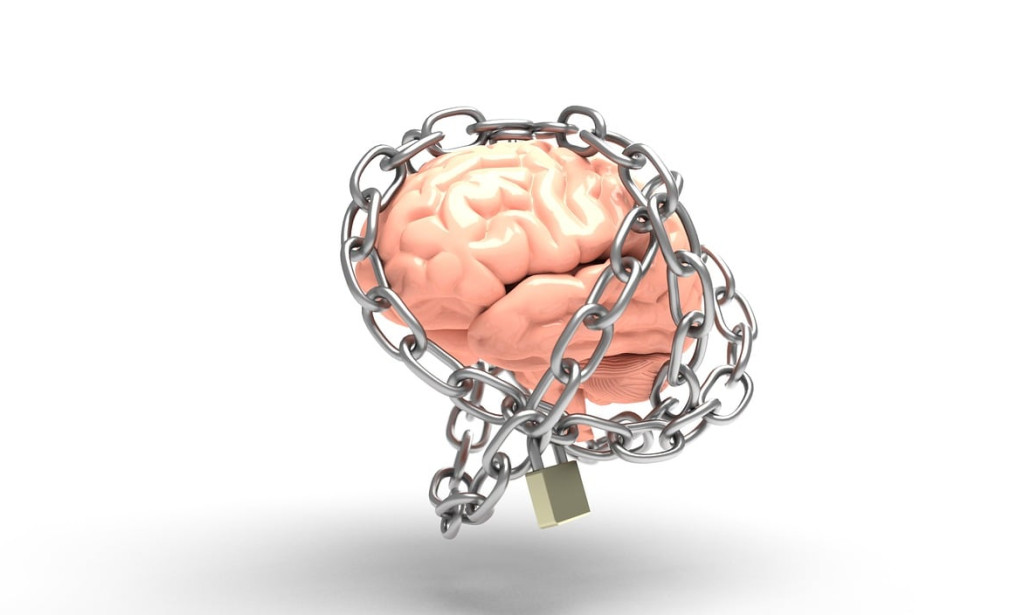Understanding the Complex Dimensions of Mental Health
Mental health is a multifaceted and dynamic aspect of human well-being that encompasses emotional, psychological, and social dimensions. This intricate balance between an individual's thoughts, feelings, and behavior significantly influences how they perceive the world and engage with others. Resilience, the ability to confront life's challenges and rebound from adversity, holds a central position in maintaining mental health.

Factors Shaping Mental Health
A person's mental health is shaped by a complex interplay of genetics, environment, and life experiences. Emotional well-being, a pivotal component, involves recognizing, understanding, and effectively managing one's emotions. A strong emotional foundation empowers individuals to cope with stress, build healthy relationships, and adapt to change. Psychological well-being focuses on cognitive processes, encompassing self-confidence, self-acceptance, and a sense of purpose, contributing to increased mental resilience.
The Impact of Social Connections
Given humans' inherently social nature, social connections play a key role in mental health. A robust support system acts as a buffer against life's stresses, providing spiritual nourishment during challenging times. Conversely, social isolation or strained relationships can worsen mental health problems. Addressing stigma is crucial, as it can hinder individuals from seeking help and perpetuate cycles of silence and suffering.
Understanding Mental Disorders
Mental disorders span a spectrum from anxiety and depression to severe conditions like schizophrenia and bipolar disorder. These conditions result from a complex interaction of genetic, biological, and environmental factors. Seeking professional help, be it through therapy, medication, or a combination, is essential for managing and mitigating the effects of mental health disorders.

Promoting Mental Well-being
Preventive measures and early intervention are paramount to promoting mental well-being. Education and awareness campaigns dispel misconceptions, promote empathy, and encourage individuals to prioritize their mental health. Creating a culture that values self-care and stress management, along with implementing mental health policies in workplaces and educational institutions, can help prevent mental health problems.
Cultivating a World that Values Mental Well-being
In summary, mental health requires extensive attention and understanding. Recognizing its connection to emotional, psychological, and social factors allows us to collaborate in creating a world where mental well-being is not only valued but actively promoted. Through education, open conversations, and a commitment to breaking down barriers, we can pave the way to a society where everyone has the opportunity to thrive mentally and emotionally.



You must be logged in to post a comment.